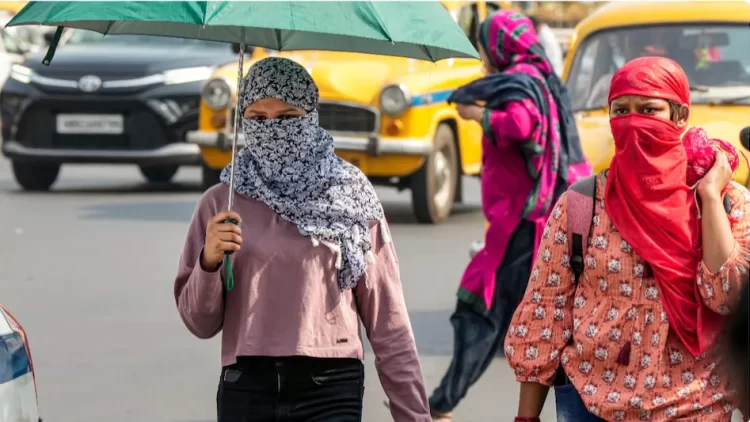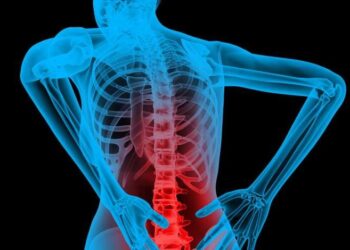The India Meteorological Department has issued a heatwave alert, predicting “severe” conditions across West Bengal, Odisha, Bihar, and Jharkhand. Several additional southern states are expected to face heatwaves.
Extreme temperatures can have a severe influence on the body, causing dehydration and, in fatal circumstances, a stroke.
Because many individuals spend their days outside in the sun, fainting has become a common occurrence that should be avoided at all costs.
WHAT IS FAINTING?
The body maintains its temperature in response to the outside temperature, but as the temperature rises, the body is unable to maintain it and the sweating process fails, resulting in heat exhaustion and fainting.
Fainting, also known as syncope, is a short loss of consciousness that is commonly followed by a loss of muscular tone.
“In hot weather, the body tries to keep its internal temperature stable, and sweating is one of the most typical strategies. It causes loss of fluids, which finally leads to fainting and dehydration. When the temperature rises above 45 degrees Celsius, humans experience it,” said Dr Akshay Dhamne, Medicine, Physician Consultant atDPU Super Specialty Hospital, Pimpri, Pune.
The highest temperature a human body can tolerate is 42.3 degrees Celsius.
Fainting can occur in either hot or cold temperatures. The body’s thermoregulatory processes are put to the test under extreme temperatures.
Excessive perspiration in high temperatures can cause dehydration and electrolyte imbalances, decreasing blood supply to the brain and raising the risk of fainting.
In cold temperatures, blood arteries constrict to conserve heat, potentially decreasing blood supply to essential organs and causing fainting spells.
Fainting in extreme temperatures poses additional risks of injury and complications.
In hot environments, falls resulting from fainting can lead to heat-related injuries such as burns or heatstroke.
WHAT ARE THE WARNING SIGNS OF FAINTING?
One may feel dizzy, have a headache, heightened thirst and heat exhaustion.
“The most important way to prevent it is by wearing loose fitting and light weight clothing, drink plenty of fluids, never leave anyone in a parked car and try not going outdoors when the temperature exceeds 45 degrees Celsius,” advised Dr Dhamne.
HOW TO AVOID FAINTING?
Drinking alcohol may affect your body’s ability to regulate temperature, so avoid it in the heat.
You may want to drink cool alcohol, but it will not help you stay hydrated; instead, drink at least 3 to 4 litres of water during the summer season.
“Throbbing headache is one of the common symptoms of heat exhaustion. It is something that one must watch out for,” said Dr Dhamne.







 Finance
Finance







